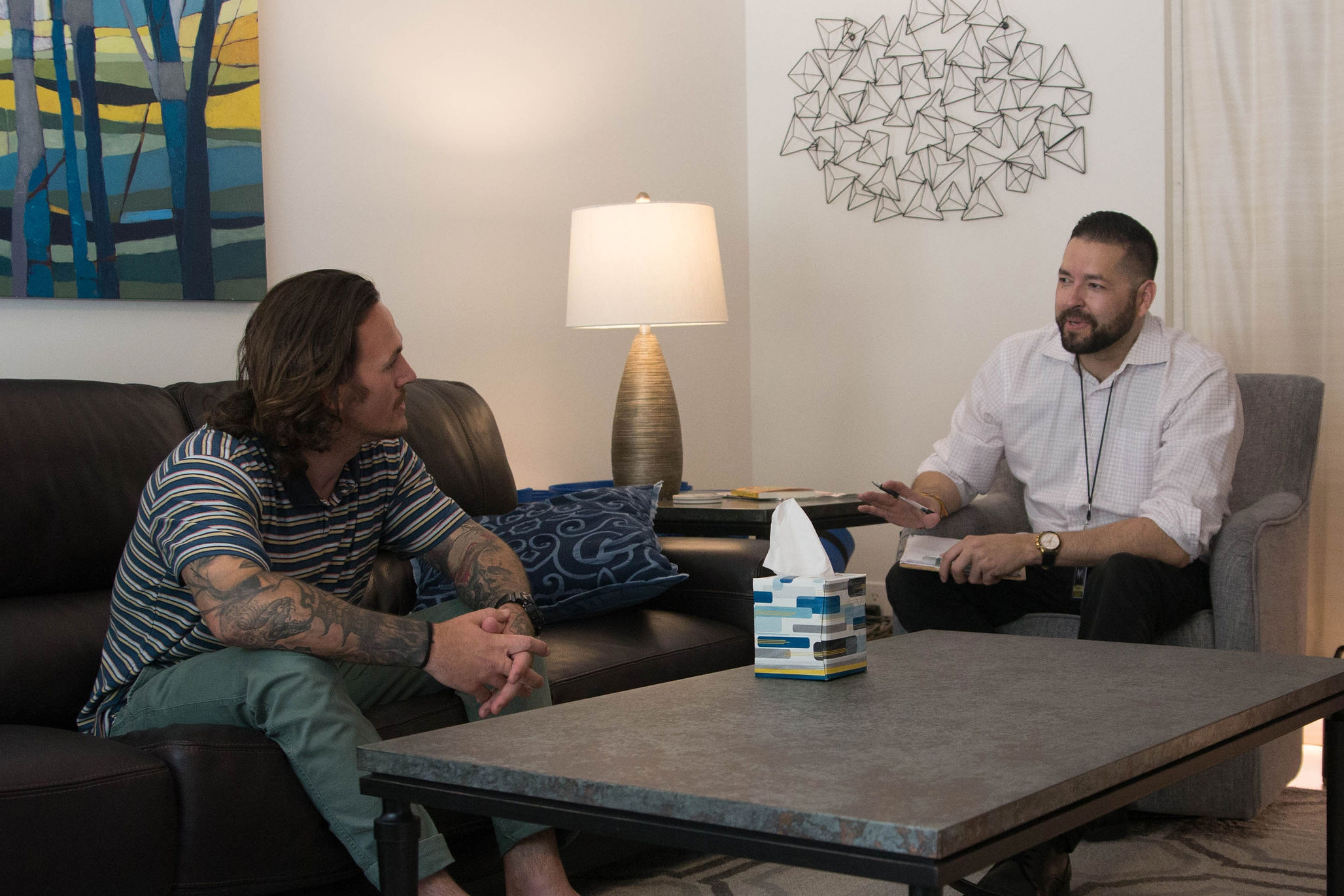Breaking the Cycle of Addiction
Have you heard of the “cycle of addiction”? It is created by changes produced in brain chemistry and perpetuated by physiological, psychological, and emotional dependency. Even with willpower and effort, people are not able to break from the influence of addiction. You may have experienced being caught in this vicious cycle before. This cycle of addiction continues unrestrained until some type of intervention occurs.
Understanding the Addiction Cycle
People use drugs and alcohol for different reasons. Some people experiment because they are curious, while others are exposed to prescription opioids as means of prescribed pain relief. On the other hand, many people use drugs or alcohol to cope with bereavement. But once individuals develop higher levels of tolerance and dependency on these substances, the cycle of addiction begins.
It starts with an emotional trigger. This can be a thought or memory that is rooted in past pain or trauma. Sometimes there are multiple triggers involved. Either consciously or unconsciously, there is an urge to suppress or shut down these unpleasant emotions. Next, the emotional trigger or triggers may lead to stronger cravings for drugs or alcohol.
By then, the body has learned to use drugs or alcohol as a routine way to turn off unpleasant emotions. Cravings are like tidal waves that can grow stronger, overwhelming, and even all-consuming. Using drugs or alcohol becomes the most important thing in life. One’s attention is absorbed by the need for substances and how to procure them.
When cravings finally give way to the actual procurement of substances and people begin using them, their senses and emotions turn off. It is as if what was triggering them no longer matters. They are consumed by the single activity of substance-induced pleasure. After the effects of substance use are gone, they may begin feeling guilty. This guilt feeds into the next cycle of stress.
Breaking From the Vicious Cycle
The first step is to identify this cycle pattern. You may want to receive a professional evaluation to help you identify common triggers of your substance use. A mental health professional can assess the severity of your addiction and whether you need certain medications to break from it. Some people may have tried rehab and treatment but later find them not working. Their cycle of addiction may even include rehab.
What they need is a thorough re-examination of the approach. Maybe the person has been closed-minded during treatment instead of absorbing all the useful techniques that are supposed to help them prevent relapses. There might be ongoing or new traumatic stress at work or in one’s marriage. Or maybe the treatment center does not use a trauma-informed approach to address deeper causes.
Breaking from the cycle of addiction means that sobriety and de-stressing are your top priorities in life. This entails setting up strict boundaries to avoid triggers, people, and places that create extra stress or trigger cravings for substances. Meanwhile, you also need to substitute time and energy for healthy activities. Below are a few practical tactics:
- Identify the most common triggers of stress and cravings
- Identify alternative healthy activities to replace bad habits
- Practice healthy habits and activities consistently
- Work with a trauma-informed therapist to explore the root causes
- Integrate the therapist’s suggestions for lifestyle modification into your routines
- Maintain a regimen of healthy practices
- Identify more triggers and repeat the steps listed above
These few steps make a “maintenance cycle” that, if implemented well, can sustain ongoing progress in your recovery. Meanwhile, you need to develop and strengthen a support network. Staying connected with a good treatment center through its extended care or alumni program is always an extra level of support.
Setting Goals for Self-Motivation
You should also set reasonable goals both for the short-term and long-term. Make these goals measurable, explicit, and applicable. Share your goals with a few accountability partners who can encourage you. Below is an example of these goals:
Short-Term Goals
- Attend weekly 12-step group meetings
- Use prepared wise excuses to decline invitations from friends who use substances
- Reward yourself with a movie after maintaining 4 weeks of abstinence
- Practice mindfulness meditation for 10 minutes each morning
- Maintain work-life balance
Long-Term Goals
- Develop a circle of sober and recovery-supportive friends
- Reward yourself with a trip after one year of abstinence
- Get involved in community services and give it back.
Some health experts say that it takes over two months to break a bad habit. You certainly need to plan more time for breaking the cycle of addiction. Although everyone’s experience is different, honesty, humility, and perseverance are the key to success.
Are you aware that even casual drinking or drug use may lead to substance dependence? Understanding the risk factors of addiction is crucial for preventing or treating the cycle of addiction. If you are concerned about yourself or how to intervene with a loved one’s substance use, we have trusted recovery experts to work with you. At Capo Canyon Recovery, near Mission Viejo, CA, we take pride in our holistic path, which is incremental to a sustainable, long-term recovery. We focus on each stage of recovery, both in terms of physical health and mental health. Our inpatient residential care and outpatient long-term care programs offer unique benefits. We provide lush comfort with an in-house chef, luxurious beds, and an onsite organic garden during your sobriety journey. With Capo Canyon Recovery, you can rely on us to help you achieve long-term sobriety. Call us at (800) 804-8714.
















